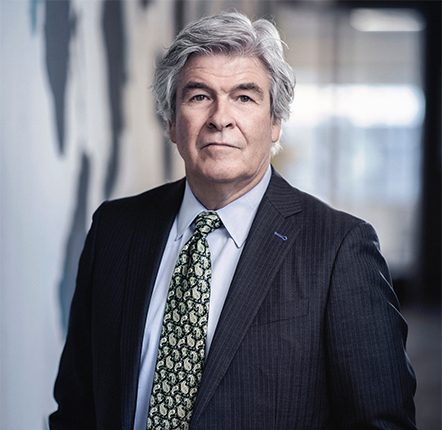Speaking Out on Campus Sexual Assault – “Voices of Brown”

Thirty years after the infamous “rape list,” it has taken on a new life with the advent of social media. An Instagram account called “Voices of Brown” documents accounts of sexual assault on campus, with stories shared anonymously by students and alumni. The founder of the account, Arianna Ferretti (Class of 2021), is a survivor of sexual assault herself, and set up the page for other survivors to share their stories. She’s recently come forward publicly as the administrator of the account in an interview with Brown’s Daily Herald.
Support for sexual assault survivors
Ferretti started the Voices of Brown page in June 2020 after hearing yet another story of a friend who experienced a sexual assault. Her goal was to create a space where survivors could share what they went through, without enduring the often-harsh questioning from authorities and school personnel that comes with a formal criminal report.
In a statement to CBS News, the admins of Voices of Brown defined their overall goal of the project. “The anonymity factor allows more people to freely contribute their stories, which means more stories are ultimately being shared with the public; and the sheer number of stories we are all collecting on our accounts is helping our communities understand that this isn’t about a few instances here and there — there’s structural, systemic violence at play and we need to address it together.”
Voices of Brown is not alone. Similar Instagram accounts are popping up at universities all over the world – including the United States, England, Scotland, and Northern Ireland, according to the CBS report.
Title IX and sexual violence on campus
The way colleges and universities handle on-campus sex assaults has changed greatly over the last three decades. Title IX of the Education Amendments of 1972 prohibits sexual harassment against students or employees in educational institutions that receive federal funding. The Department of Education clarified this language in 2011 to include sexual violence and assault in this prohibition. These regulations were once again updated in August 2020.
However, some of the recent changes to Title IX have victim advocacy groups concerned. For example, a re-definition of the term “sexual harassment” may be too narrow for some victims to report their sexual assaults or date rapes. Additionally, students have no on-campus recourse if the incident didn’t happen on school property or during a school-sanctioned activity. They may also be afraid to go public about the incident.
“I think many individuals hesitate or do not connect with the Title IX Office as a resource out of fear that we will force them to submit a complaint or that we will share their stories broadly,” Rene Davis, Brown University’s Title IX program officer, wrote in an email to The Herald.
According to the article, she did add that “the University is in the process of developing a sexual and gender-based misconduct policy to address behavior that falls outside of the Trump administration’s narrower jurisdiction of Title IX. This policy is in the final stages of review and will hopefully be available before the end of the semester.”
The sexual assault attorneys at Taylor & Ring are dedicated to protecting the rights of survivors and holding the guilty parties accountable. We are compassionate to your cause and to your case. To arrange a consultation with a Los Angeles attorney, call our team today at 310-209-4100, or fill out our contact form.

John C. Taylor is one of the most accomplished and nationally recognized trial lawyers in California. The broad variety of cases he has tried during his career is matched by few attorneys, trying more than 125 cases to verdict, including: police shootings and civil rights, sexual abuse, serious personal injury, wrongful death, products liability, insurance bad faith, and employment.
Read more about John C. Taylor.

